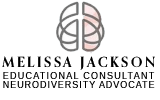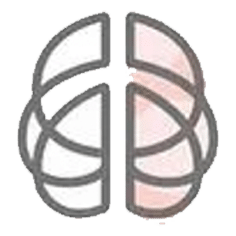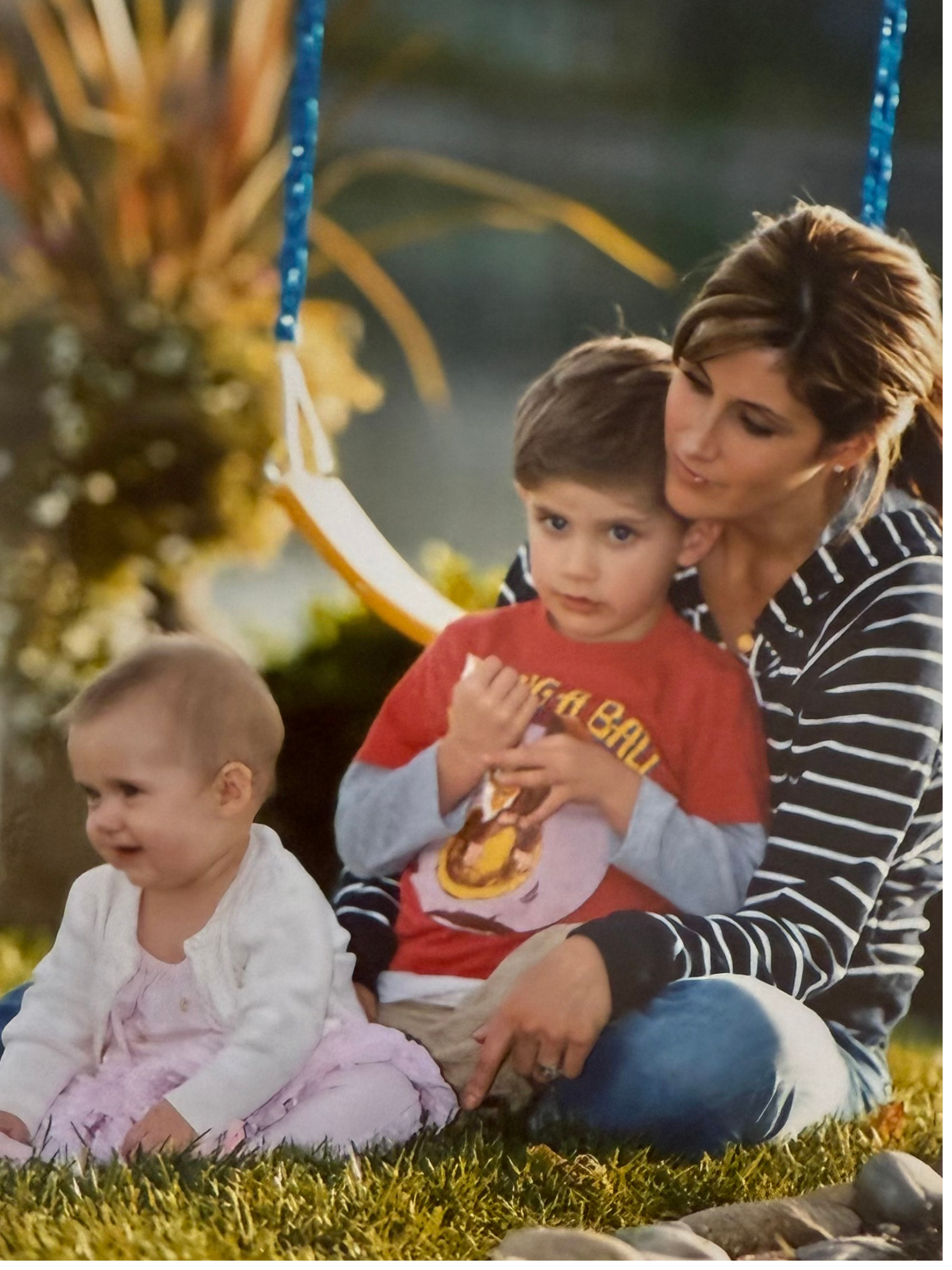
Melissa Jackson, M.Ed,
Family Integration & Reparenting Specialist with a focus on Neurodivergent Families
I help parents and neurodivergent adults, including those navigating ADHD, postpartum, or raising uniquely wired kids, heal their nervous systems and reparent themselves so they can break generational cycles, move beyond overwhelm, and create authentic connection with their children. My approach also guides clients into a deeper connection with themselves—because true healing begins when we stop abandoning our emotions and start embracing our authentic selves. This is the same path that allowed me to move beyond autoimmune conditions triggered by stress and self-silencing, and it’s the foundation I now help others build for lasting health, resilience, and freedom.

What does it mean to be Neurodivergent?
Here’s The Truth:
There is no such thing as a normal or abnormal brain, but simply differences in neurowiring. Every human brain is as unique as our fingerprints. We can respectfully acknowledge these differences according to two categories: neurotypical and neurodivergent. Neurodivergent individuals may be given a broad range of labels from dyslexic to ADHD to autistic, to name a few. These are just some examples of different neurowirings that can exist under the neurodivergent umbrella.
Growing up as an undiagnosed dyslexic child with ADHD, I took on so much of the messaging about what was WRONG with me rather than what was right. Once I became an educator and then a parent to two neurodivergent children, I decided that it was time to get involved and change the narrative in this community by pursuing my Master’s in Cognitive Diversity in Education, where I have been on the front lines of change.
My Personal Story
Services
Support for Neurodivergent Adults
Whether you have just received a diagnosis later in life or have always known you were different without having the words for it, the impact of growing up misunderstood often leaves behind shame, self-abandonment, and exhaustion. The truth is, your wiring is not a burden. It is a pathway to authenticity and freedom. In our work together, we focus on building confidence in your authentic self, reframing neurodivergence as difference rather than deficit, creating strategies for emotional regulation that fit your nervous system, aligning your life with your strengths, and releasing shame so you can finally feel whole.
Support For Parents of Neurodivergent Kids
One of the fastest ways to change a child’s experience is to support the parent.
Living as an ADHD parent who longs for a deeper connection with yourself and your child is not easy, especially when this kind of parenting was never modeled. Many of us are cycle breakers, the first to shift outdated practices and embrace difference as strength.
This work begins with you. By reparenting yourself and regulating your nervous system, you naturally create more ease, joy, and connection with your child. Together, we focus on reframing neurodivergence with compassion instead of shame, learning strategies that support both you and your child, designing a lifestyle that honors your wiring, and building confidence in modeling emotional regulation and self-advocacy.
When you choose to support yourself first, your children benefit naturally.
Support For Postpartum Mothers
Postpartum is not just recovery. It is a rebirth. Your body is healing, your hormones are shifting, and your sense of self feels cracked open. Some moments bring waves of love, others bring tears you cannot explain. Through it all, your nervous system is carrying both you and your baby.
Science shows that your baby does not only hear your words, they feel your state. When you are anxious and depleted, they absorb that stress. When you are calm and grounded, they learn safety and connection.
This work offers support designed for this delicate season. With Voxer access, sessions paced to your energy, and simple nervous system tools, you will learn to settle your body and guide your baby into safety and ease. Imagine holding your child in the middle of the night and feeling both of you soften together. That is the power of nervous system healing in postpartum.
TESTIMONIALS:
“I learned so much more about my child through these practices. We have connected even more deeply. My child seems more regulated and focused and therefore more receptive”.
“Thank you so much for your passion, advice, and expertise you bring to this topic. This is such an unspoken topic and the light you shed on this will help millions!”
”The strength-based strategies gave me new approaches and I felt proactive in approaching situations that were met with resistance in the past. These strategies helped me feel calmer and remain solution orientated.”
Are You a Mom with ADHD?
Join our community on Substack, where I’ve created a safe space for neurodivergent moms raising neurodivergent kids to learn, share, and grow in community.





